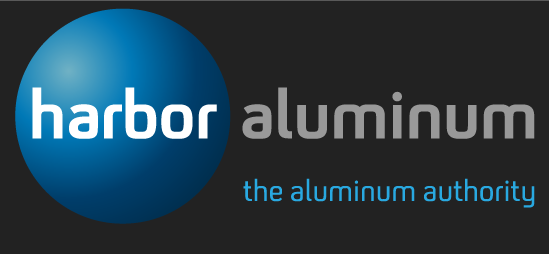Hard quota on exports or no exemption at all; US offer to Canada seems to remain the same
As anticipated by HARBOR, a quota-based exemption for Canada seems the only realistic concession that the US would be willing to offer. HARBOR estimates a hard-quota offer would represent a windfall of over $450 million per year for Canadian smelters at the expense of capping their market share in the US.
Key US trade official confirmed today that quotas are an option for Canada and stood behind Section 232 Tariffs in their current configuration. US Trade Representative Robert Lighthizer said this morning that quotas would be a possible solution regarding current Section 232 tariffs on Canada and Mexico, and added that current aluminum and steel tariffs are working and necessary. Ambassador Lighthizer testified today before the Senate Finance Committee.
HARBOR's take:
a) Canada could get a quota-based exemption from Section 232 Tariffs but time is running out. Negotiations to ratify the USMCA (revamped NAFTA) trade deal are entering their final stage, and appear to be the only leverage left for Canada/Mexico to obtain a trade concession from the White House.
b) Lighthizer's comments strongly suggest that the only real concession offered by the US all along has been either a hard quota or no exemption at all. Considering the Trump administration's stance regarding trade and Section 232 Tariffs, the odds of a scenario where the US grants a full, unconditional exemption to Canada and Mexico are very low.
c) The most likely scenario at this point is one where Canada and Mexico agree to a hard export quota of at least 70% of the volumes shipped to the US during the three years prior to the imposition of tariffs. This would represent an export cap of around 2.0 million mton of unwrought aluminum, in exchange for a Section 232 Tariff exemption. Any quota level would have to be compatible with the stated objective of imposing Section 232 Tariffs, which is to promote the restart/operation of US primary aluminum smelting capacity.
d) Canada's aluminum netbacks have been higher (more profitable) even after paying Section 232 Tariffs than the year prior to Section 232 Tariffs. We estimate that premium netbacks (profitability after logistic costs) for Canadian primary aluminum smelters, for shipping primary aluminum to the US, have actually risen since the imposition of Section 232 tariffs. In H2 2018, netbacks for P1020 ingot increased by 27% or $27 per mton y/y, while netbacks for billet climbed by 51% or $150 per mton y/y.
e) It seems it will be for Canada to decide if it takes the quota or chooses to keep paying the 10% duty. On Friday, Canadian Ambassador to Washington David MacNaughton stated to media that "We have said from the beginning we will not accept a hard cap quota on aluminum."
f) If Canada decided in favor of a hard quota, we estimate a total windfall/benefit for Canadian smelters of over $450 million per year from exports of primary aluminum, at the expense of capping their market share in the US.
